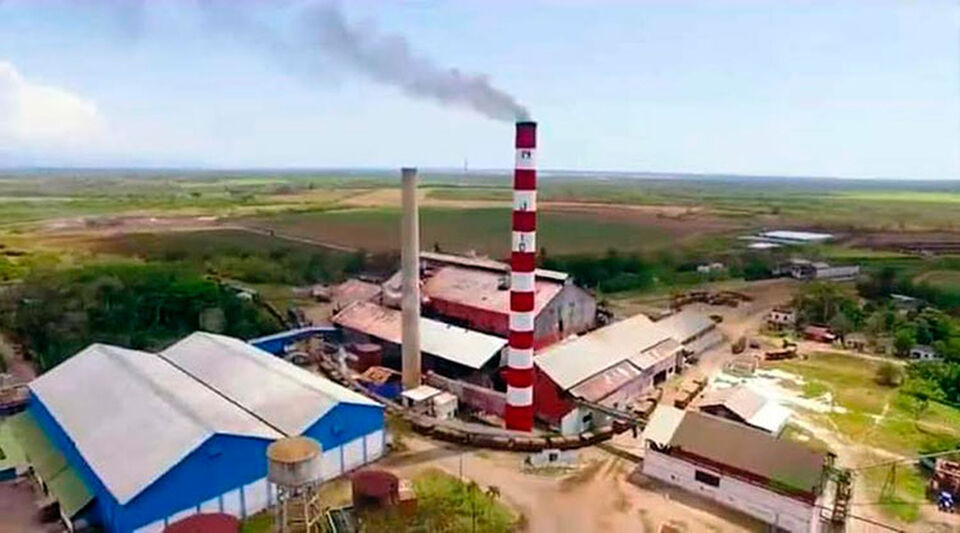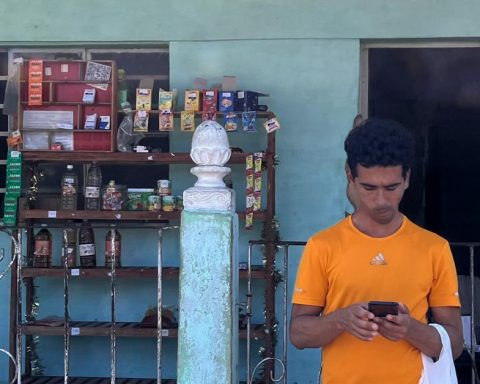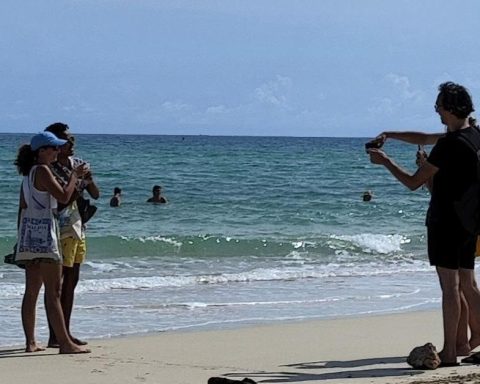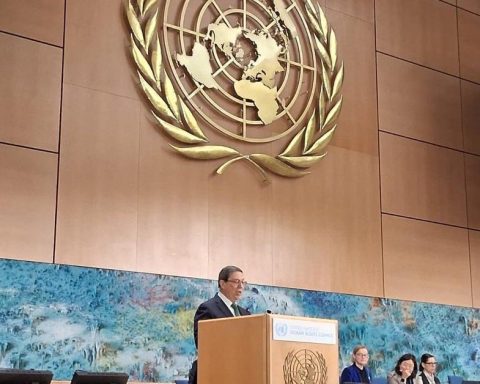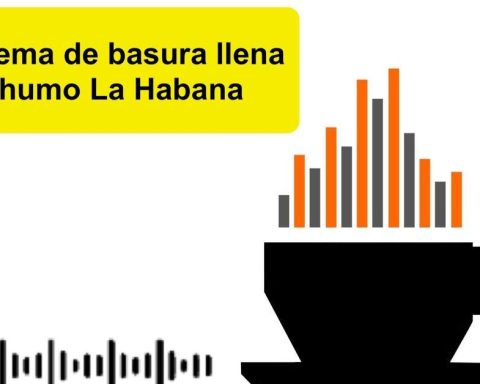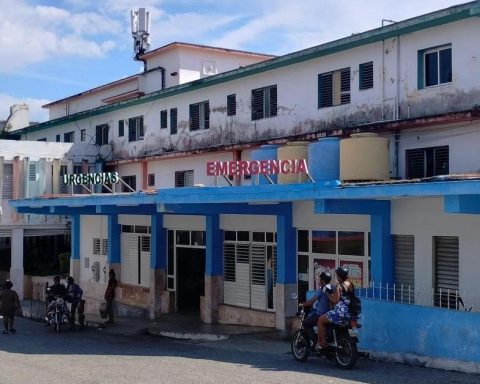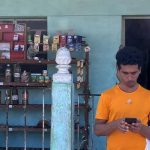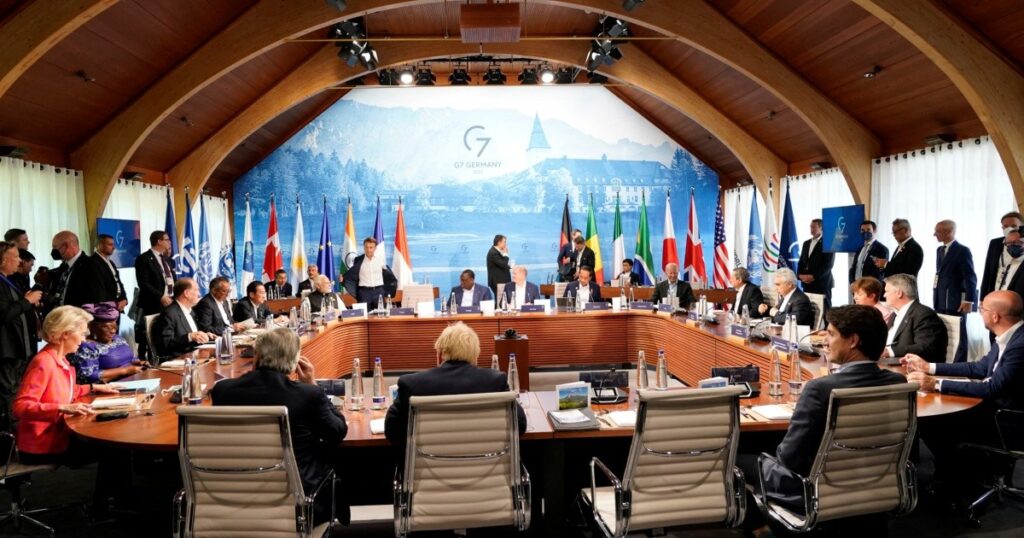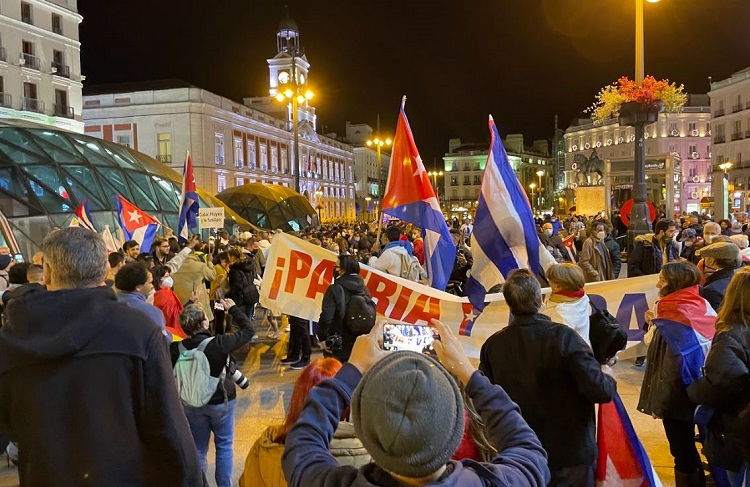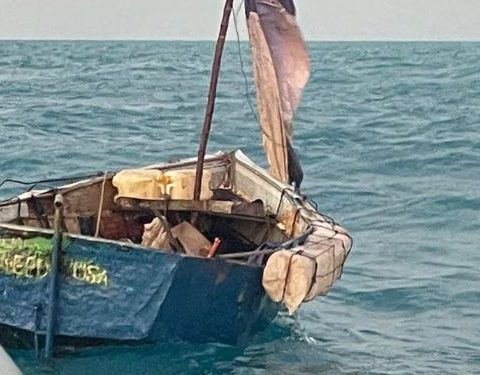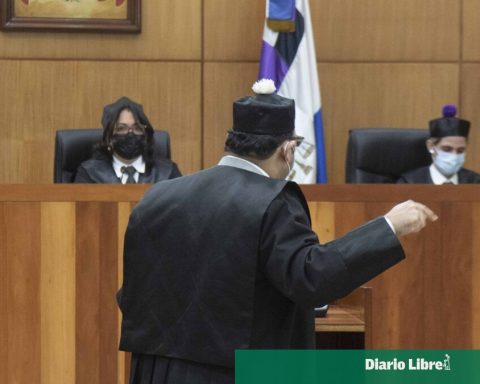After two sugar harvests that leave the same headline –the worst in the history of Cuba–, Miguel Díaz-Canel sat down on Saturday before the entire sector to announce a change in the model of an industry that is not raising its head.
However, the novelty is rather to “diversify” and dedicate the cane to all kinds of things, from energy to alcohol and food, something similar – judging by what the official press summarizes – to what the bottling company from Ciego de Avila, Ember, said last week be doing: in the absence of soft drinks, they rent parking spaces or make jams and glasses to survive.
Sugar, according to the authorities, is guaranteed for Cubans, but in case they fail to fulfill their commitment, the official press is already giving ideas. A columnist from the province of Granma, Eugenio Pérez Almarales, explained in the print edition of The Demajagua the many options offered by derivatives of sugar cane, described by the editor as “an invisible mine, in sight”.
Sugar, according to the authorities, is guaranteed for Cubans, but in case they fail to fulfill their commitment, the official press is already giving ideas
In his note, Pérez Almarales proposes looking back at the scrape and the melao of cane and describes how to obtain these products that take advantage of the usefulness of sugar cane mills.
What is in doubt is whether the raw material is guaranteed. In his speech on Saturday, Díaz-Canel said things as disturbing as if the harvest is not planned more rationally, “in two harvests there will be no cane to make sugar in Cuba.” The president recalled a shocking statistical fact: the national industry has been failing to comply with the planned plan since 2012 “and each harvest in recent years has produced less sugar,” he stressed.
The ruler referred to the beginning of time – those of the Revolution, because before, as he recalled, even in Fidel Castro’s family it was “eminently and virtuously sugar” – to explain that the United States is to blame for the sector’s problems. “That they have done it with all intent, because they know what the sugar agribusiness means for our country,” he said, avoiding recalling that the largest harvests occurred in the 70s and 80s, when the Soviet subsidy gave wings to the product.
“Sugar cannot continue to be — nor will it ever be — the end in itself,” said Díaz-Canel, after definitively estimating the 2021-2022 harvest at 480,000 tons “in round numbers,” little more than calculated last month by 14ymediowhich placed them at 473,720 tons, still far from the 500,000 that the country needs just to cover its needs and that, without a doubt, will force more expensive imports than ever, due to international economic conditions.
The Cuban leader vindicated the manufacture of sugar, but asked that more alcohol, more rum, more electricity and more derivatives, more food, and “more of everything that can be done” be produced.
The Cuban leader claimed responsibility for the manufacture of sugar, but asked that more alcohol, more rum, more electricity and more derivatives, more food, and “more of everything that can be made” be produced, for which he urged the directors of the companies of the sector to use ingenuity and develop ideas that allow them to obtain more income, all this using the famous batteries of 43 measures to strengthen the socialist company, the 63 measures of the agricultural sector and the 93 of the sugar agro-industrial sector.
“To recover the potential that the sector has, you have to think and act in another way. The solutions are outside the model that governs the country,” says the Cuban economist based in Valencia Elías Amor on your blog Cubaeconomy. For the expert, the big problem is the same as always, land ownership. “If the land is not exploited properly, there is no point in dwelling on the optimal use of cane seeds and their varieties: the use of biofactories, with the application of biotechnological results in sugar cane and other considerations” , summarizes, something that, in addition, does not require any investment.
Díaz-Canel, however, once again entertained himself by saying that the “blockade” has been slowly taking its toll on the sector and has come to have very little cane but maintain high expectations for sugar production, which has led to the failure of plans, in addition to general demotivation. Added to this is what he calls a process of “technological involution”, which is the constant breakdown of power plants that prevent optimal performance.
“The repairs were increasingly incomplete, more bad, and (now) we are at a time when we hardly repair any plant well, almost none have a balance of resources, (but despite this also) we continue with tremendous volunteerism , trying to carry out a harvest that since we planned it we know it is impossible to accomplish,” he admitted.
For this reason, he warned, the next harvest will be more modest –although he did not advance figures– and it will only be done in the mills that are in good condition. Last year, only Melanio Hernández, from Sancti Spíritus; on July 14, from Cienfuegos; and Boris Luis Santa Coloma, from Mayabeque, met the planned milling plans. At the same time, plantations must be recovered, diversified and gradually repaired, he added.
“The repairs were increasingly incomplete, more bad, and (now) we are at a time when we hardly repair any plant well”
Díaz-Canel recalled that the sugar sector is not only about having the product on the table, but that 180,000 people live directly from the sector and 700,000 indirectly. “The mills have been and are the life of the sugar bateyes,” he said.
In addition, he indicated that the priorities for this year are to try to plant more cane, demolish old or poorly performing canes for sugar and use them for energy, alcohol or guarapo, train staff, diversify production and improve agricultural communities and bateyes. , in addition to developing mechanization.
“What does matter to the people is that there is food, that does matter to the people; that there is meat, that there are fats, that there are eggs, that there are grains, that there are clothes, that there are shoes; that is, that there are means to dress, wear, educate (…) for that, what you have to do is produce them” he said, after speaking of changes and modernity, using a speech by Fidel Castro of the year 1961.
________________________
Collaborate with our work:
The team of 14ymedio is committed to doing serious journalism that reflects the reality of deep Cuba. Thank you for joining us on this long road. We invite you to continue supporting us, but this time becoming a member of our newspaper. Together we can continue transforming journalism in Cuba.
